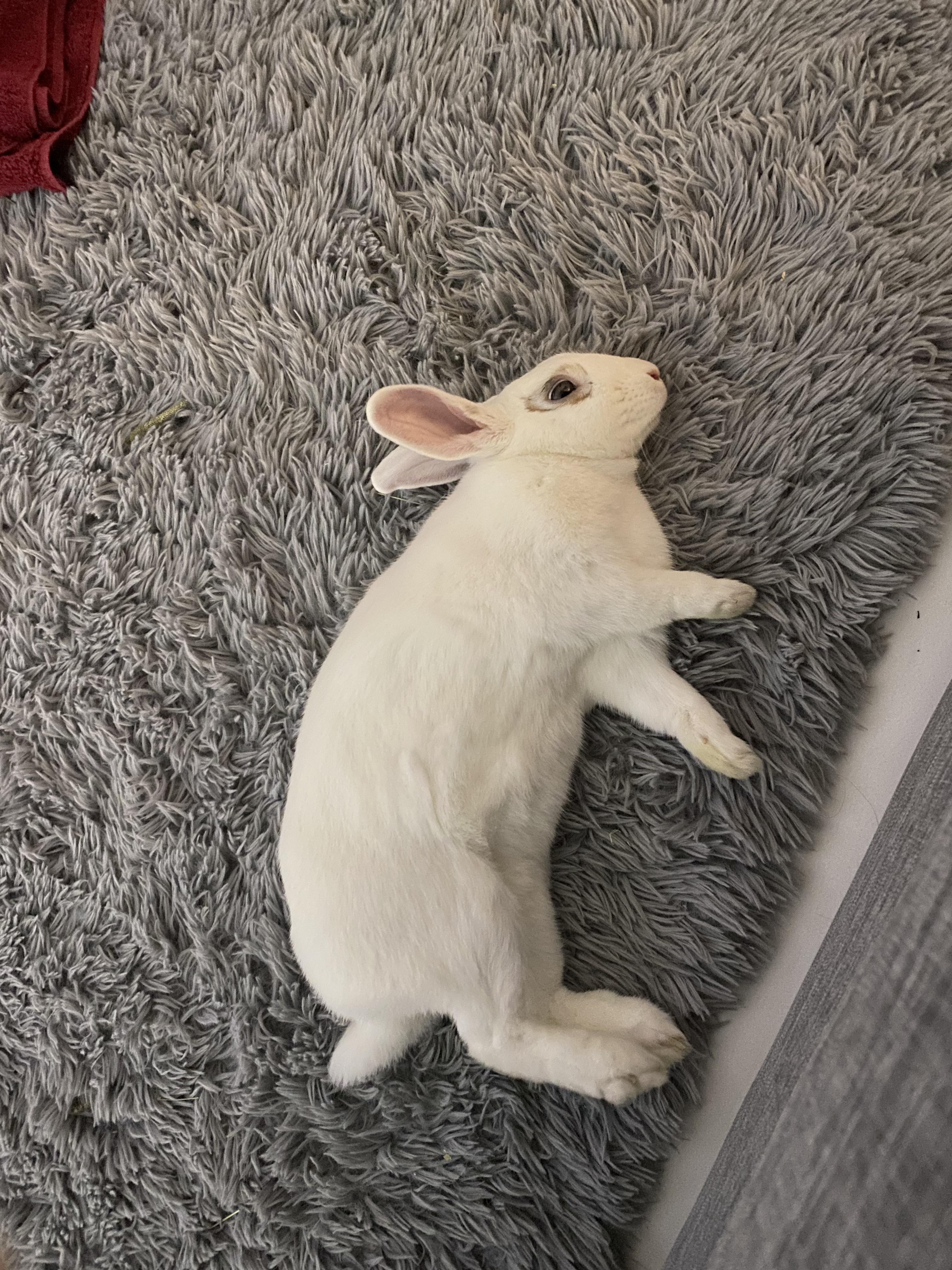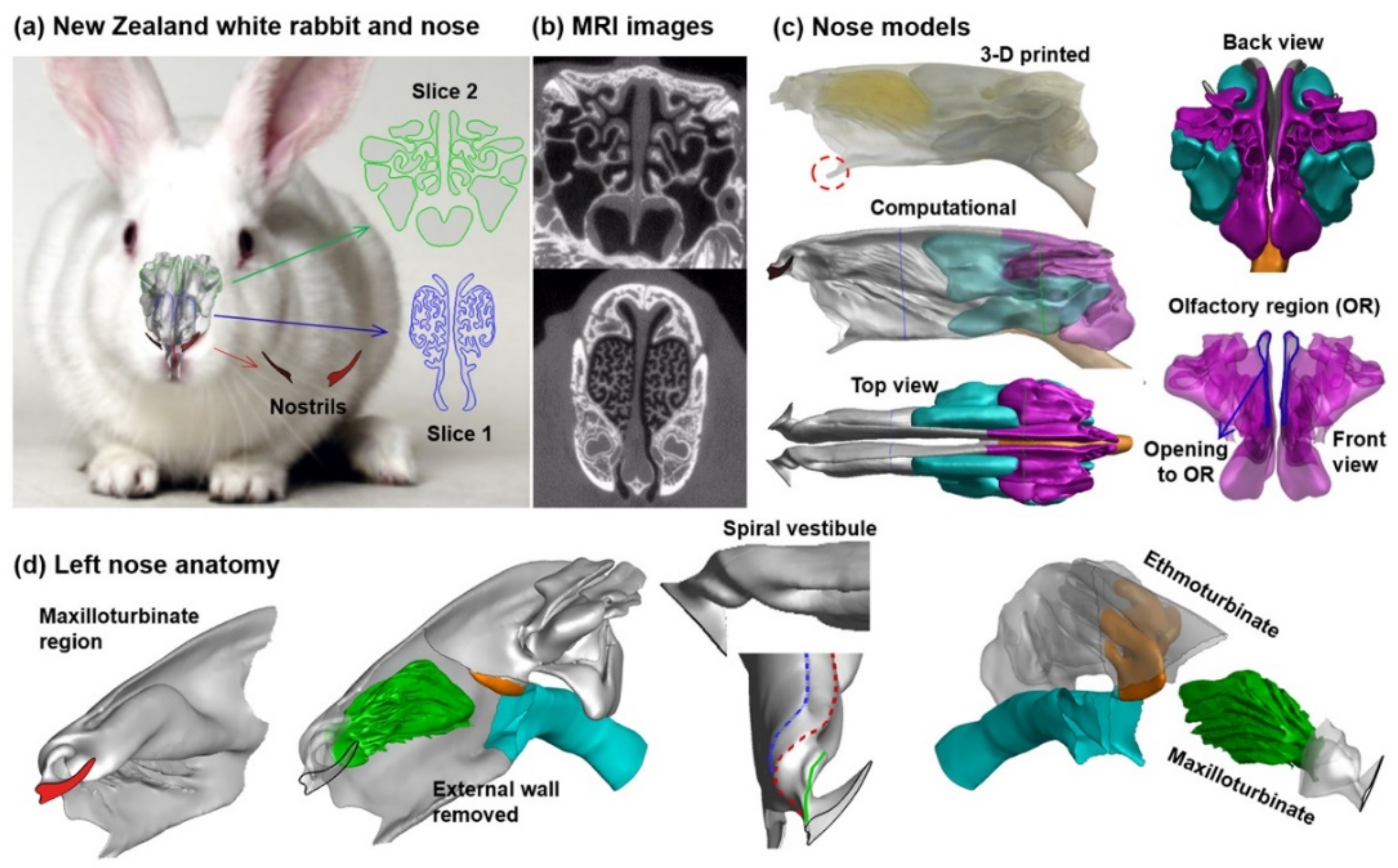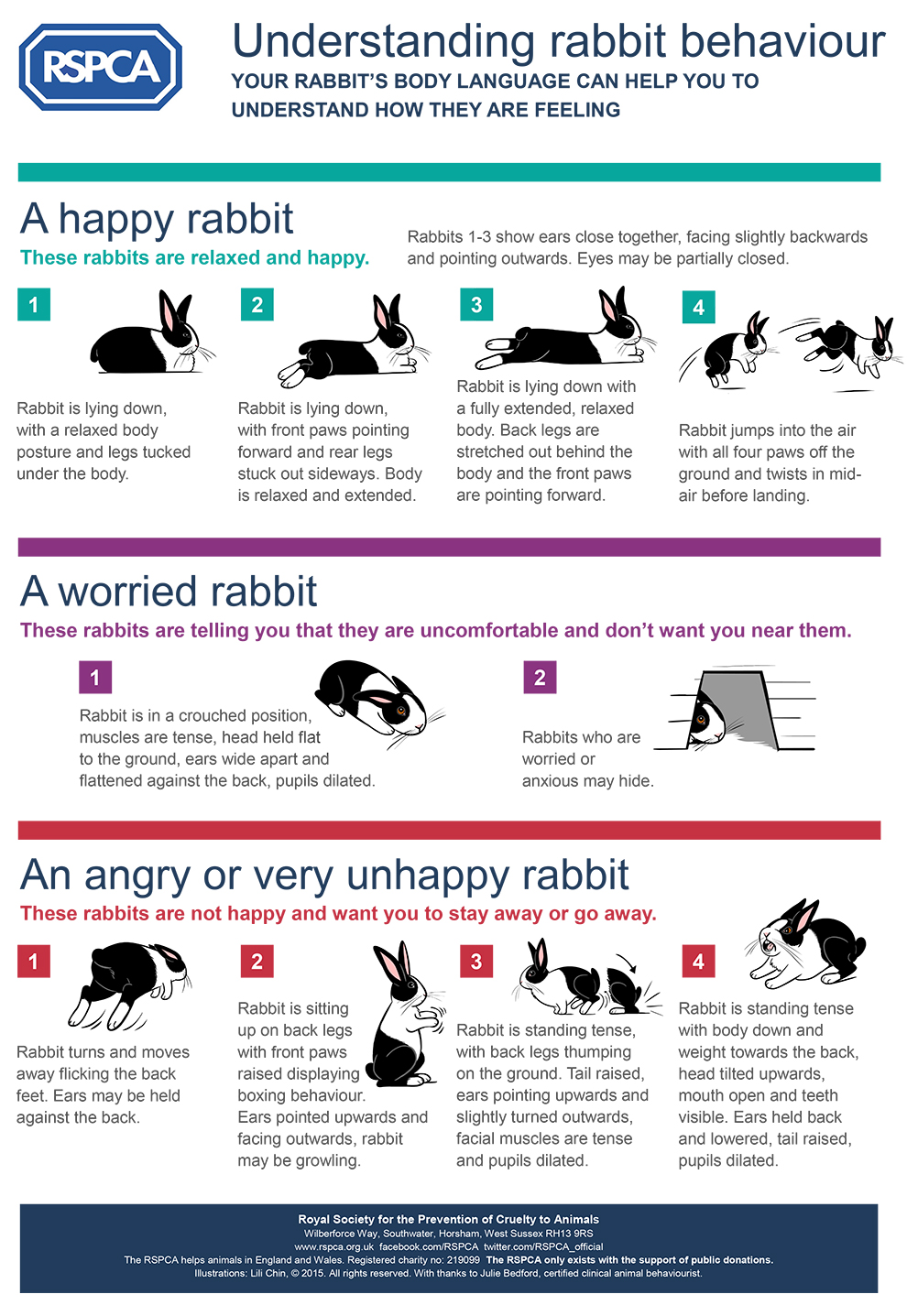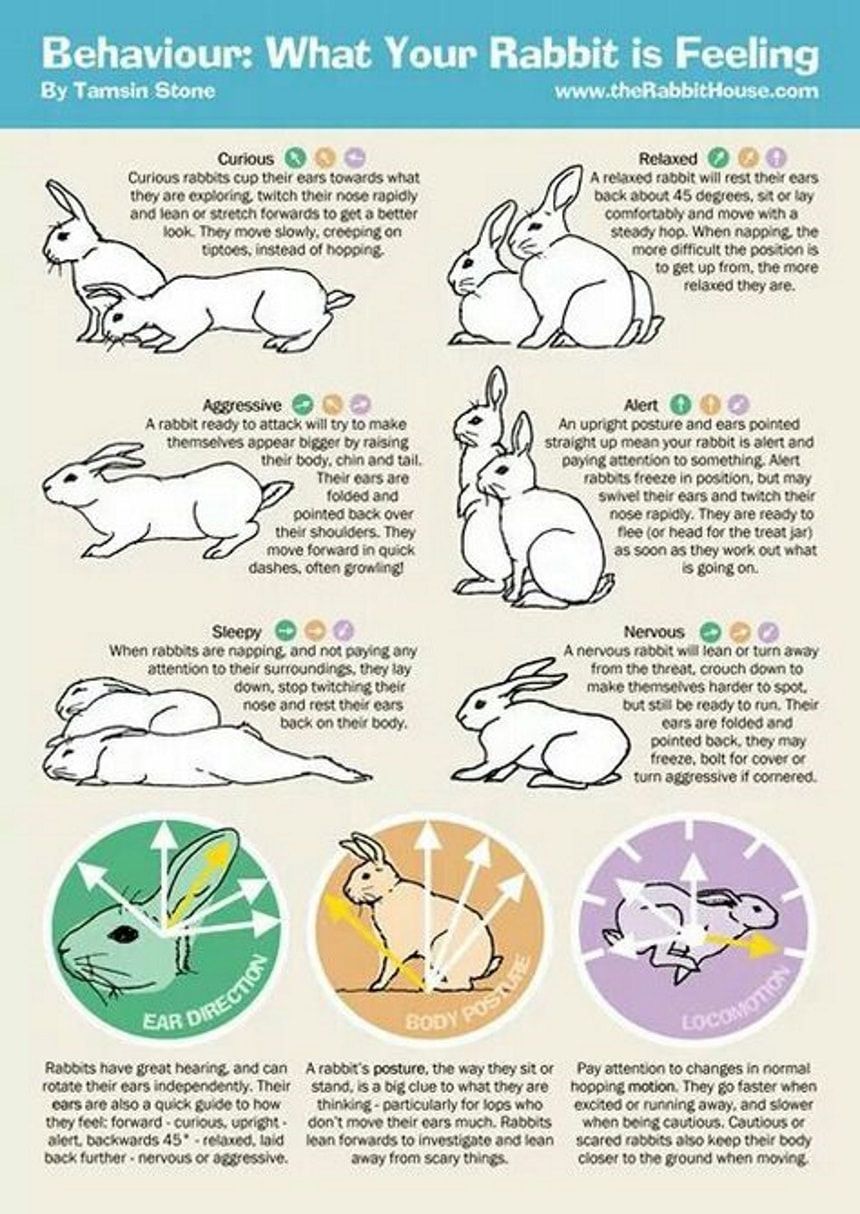If you are the proud owner of a relaxed bunny, you are in for a treat! A relaxed bunny is a joy to be around, as they are known for their calm and playful nature. This guide will help you understand the unique personality of a relaxed bunny, so that you can create a loving and harmonious home for your special pet.
History of the Relaxed Bunny

The relaxed rabbit is a breed of domestic rabbit that originated in Germany in the early 1900s. It was developed by a German farmer, who wanted to create a breed of rabbit that was calm and docile, yet still playful and energetic. The relaxed rabbit quickly became popular in Europe and eventually spread to the United States.
The relaxed rabbit is an excellent pet for a variety of reasons, including its relaxed and affectionate nature. It has a surprisingly docile temperament and is known for its ability to get along well with other animals, children, and even strangers. It is also known for its intelligence and loyalty.
- Personality: The relaxed rabbit is an affectionate, calm, and playful breed. It is known for its intelligence and loyalty, and loves to be handled and petted by its owners.
- Appearance: The relaxed rabbit has a medium-sized body type with long, floppy ears and a short, dense coat. It is typically white, brown, or black and tan in color.
- Health: The relaxed rabbit is generally a healthy breed with few health problems. It should be checked regularly by a veterinarian to ensure optimal health.
- Care: The relaxed rabbit needs plenty of exercise and enrichment activities to stay healthy and happy. It should be groomed regularly and provided a diet that is high in fiber.
Overall, the relaxed rabbit is a wonderful pet that is sure to bring joy and companionship to its owners. With its gentle personality and intelligence, it is a perfect choice for families, seniors, and anyone else looking for a calm and affectionate companion.
Anatomy of the Relaxed Bunny

Body
- Soft, thick fur
- Small, round ears
- Long, curved whiskers
- Long, powerful hind legs
- Large, round eyes
Behavior
- Calm and gentle demeanor
- Curious and playful attitude
- Enjoys human interaction
- Eager to explore its environment
- Able to bond with its owner
The Relaxed Bunny’s Behavior

Exploring the Environment
A relaxed bunny will explore its environment, being curious and observant. It will sniff and investigate, hopping around and checking out new places. It may even try to nibble on things as it explores. This behavior is common in all rabbits and is a sign of their curious and playful nature.
Playing and Interacting with Other Animals
A relaxed bunny will often interact and play with other animals, such as cats and dogs. It may chase or be chased, and it can even be seen grooming other animals. This is a sign of its relaxed and gentle nature, as it is comfortable enough to interact with other animals.
Eating Habits
A relaxed bunny will typically eat a variety of foods, including hay, fresh greens, and pellets. Its diet should be balanced, and it should have access to fresh water at all times. It may also enjoy treats, such as fruits and vegetables, as a special treat.
Social Structure
A relaxed bunny will usually live in a group, with one dominant rabbit leading the pack. This rabbit will be the one that the others look to for guidance, and it will be the one that sets the tone for the group. The other rabbits will respect and follow the lead of the dominant bunny, and they will often groom and play with each other. This is a sign of their relaxed and trusting nature.
Care and Attention for a Relaxed Bunny

Diet
A relaxed bunny should be provided with a healthy diet of hay, fresh vegetables, and a small amount of pellets. Hay should be available at all times as it helps to keep the bunny’s digestive system healthy. Fresh vegetables should be given daily, and the bunny should be provided with a variety of different types to ensure a balanced diet. Pellets should be given sparingly, as they are high in calories and can lead to obesity.
Exercise
Regular exercise is important for a relaxed bunny to stay healthy and active. Providing plenty of space for the bunny to hop around and explore will help to keep them active. Additionally, adding toys and tunnels to the enclosure will encourage the bunny to move around and explore.
Grooming
Regular grooming is essential for a relaxed bunny. A soft brush should be used to groom the bunny’s coat, and their nails should be trimmed regularly. Additionally, their ears should be checked for any signs of infection and their fur should be checked for any signs of parasites.
Bonding
Spending time with a relaxed bunny is an important part of caring for them. Allowing the bunny to come out of their enclosure and explore while being supervised is a great way to spend time with them. Additionally, providing them with plenty of attention and praise will help to strengthen the bond between the bunny and their owner.
Common Health Issues in Relaxed Bunnies
Relaxed bunnies are beloved for their sweet nature, but they can suffer from a range of health issues. Here are some of the most common health issues in relaxed bunnies:
- Respiratory Infections – Bunnies are susceptible to respiratory infections caused by bacteria, viruses, and fungi. Symptoms of respiratory infections include sneezing, difficulty breathing, and discharge from the eyes and nose.
- Gastrointestinal Stasis – Gastrointestinal stasis is a condition in which the digestive system slows down or stops functioning. It can be caused by stress, diet, or illness. Symptoms of gastrointestinal stasis include lack of appetite, bloating, and constipation.
- Overgrown Teeth – Overgrown teeth can occur due to a lack of proper dental care. The teeth can become too long and cause pain and difficulty eating. If left untreated, overgrown teeth can lead to infection and other serious health issues.
- Mites – Mites can cause severe itching and inflammation. Mites can be treated with topical medications or a course of antibiotics.
- Ear Mites – Ear mites are tiny parasites that live in the ears of rabbits. They can cause intense itching and inflammation and can be treated with topical medications or antibiotics.
- Uterine Cancer – Uterine cancer is a common health problem in female rabbits. Symptoms may include a loss of appetite, lethargy, and weight loss. Treatment may include radiation therapy, chemotherapy, or surgery.
It is important to consult a veterinarian if your relaxed bunny experiences any of these health issues. With proper care and treatment, many of these issues can be managed and your bunny can live a happy and healthy life.
Frequently Asked Questions
What type of environment should I create for my relaxed bunny?
A relaxed bunny should be kept in a safe, secure environment with plenty of room to explore and exercise. Provide plenty of space for your bunny to roam and explore, with plenty of hiding spots and play areas. Make sure the space is free of any potential hazards or dangers, such as electrical cords, sharp objects, and toxic plants. Provide plenty of chew toys and safe objects for your bunny to explore. You may also wish to provide a litter box to help with potty training and to keep your bunny’s environment clean. Lastly, make sure the temperature of your bunny’s environment is comfortable and appropriate for their species.
How can I tell if my bunny is relaxed?
A relaxed bunny will exhibit certain behaviors that indicate they are comfortable in their environment. Look for signs of contentment such as lying down, sleeping, or grooming themselves. They may also be more relaxed when they are around you and their environment. If they are social, they may come close to you and show signs of trust such as allowing you to pet or snuggle with them. They will also have a relaxed posture with their ears up and their eyes half-closed. If they show signs of discomfort, such as ears flattened back or attempting to move away, you should stop interacting and give them space to relax.
How often should I handle my relaxed bunny?
- Daily: At least once a day, pick up your bunny and give it some gentle petting. This will help it to become accustomed to your touch and allow it to feel comfortable around you.
- Weekly: Once a week you should take your bunny out for a walk or play session. This will allow it to get some exercise and explore its environment.
- Bi-monthly: Twice a month take your bunny out for a longer period of time. This will help it to bond with you and allow it to explore its environment in a more relaxed manner.
- Monthly: Once a month you should check your bunny for signs of health problems such as mites or fleas. This will help you to keep your bunny healthy and happy.
It is important to remember that handling your relaxed bunny too much can be overwhelming for it. It is best to let it get used to your presence gradually, rather than overwhelming it with too much handling.
What Type of Diet Should I Provide for My Relaxed Bunny?
Fresh Vegetables: Feeding your relaxed bunny fresh vegetables is essential for providing a healthy and varied diet. Offer a variety of greens such as romaine lettuce, kale, collard greens, and spinach. Carrots, broccoli, and celery are also great for a healthy bunny diet.
Fruits: Fruits are a great source of vitamins and minerals for your relaxed bunny. Offer them in small amounts as treats and be sure to remove any uneaten pieces to prevent spoilage. Good options are apples, pears, bananas, and berries.
Hay: Hay is an important part of a relaxed bunny’s diet and should be available at all times. Offer a variety of hay such as timothy hay, oat hay, and grass hay.
Pellets: Pellets are an important part of a relaxed bunny’s diet. Offer a high-quality pellet designed specifically for rabbits. Avoid any pellets that contain seeds, nuts, or dried fruit as these can be unhealthy for your bunny.
Treats: Treats are a great way to reward your relaxed bunny and provide them with additional nutrition. Offer treats in moderation as too many sugary treats can lead to health problems. Good options are fresh or dried herbs, unsweetened cereal, or a small piece of an apple or banana.
What type of activities should I provide for my relaxed bunny?
Bunnies are naturally curious and active creatures, so providing activities and enrichment for your relaxed bunny is important. Providing toys, tunnels, or boxes for them to explore and play with is a great way to keep them entertained. Providing different types of hay for them to munch on, as well as providing fresh vegetables, is also a great way to keep them healthy and engaged. Taking your bunny on supervised outdoor activities, such as supervised grass time, can also be a great way to allow them to explore new things. Additionally, providing a variety of different toys and treats to keep them engaged is beneficial.
Conclusion
Bunnies are gentle, loving creatures that can bring great joy and companionship to their humans. By understanding the calm and playful nature of a relaxed bunny, you can better meet the needs of your bunny and ensure it grows up to be a happy, healthy pet. With proper care and attention, your bunny can live a long and fulfilling life.
